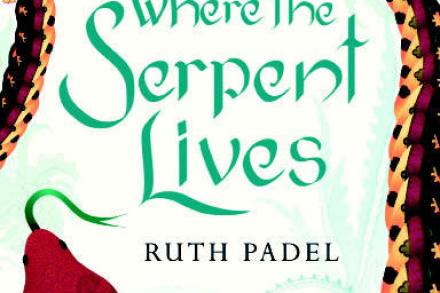Oliver Goldsmith Refashioned for the 21st Century
A stunt on Spanish TV goes horribly wrong and ends in tragedy as the innocent party here bites off more than it can chew and perishes in short order. The snake makes the mistake of feasting upon one of Israeli model Orit Fox’s improbable breasts only to discover that where once lurked flesh there’s now a super-sized bag of silicone. Silicone is not good for snakes.Not good at all. End of snake. It is, as Kieran Healy says, yet another example of Everything New Being Very Old. Recall, as you will, Oliver Goldsmith’s* Elegy on the Death of a Mad Dog: Good people all, of every sort, Give ear unto








